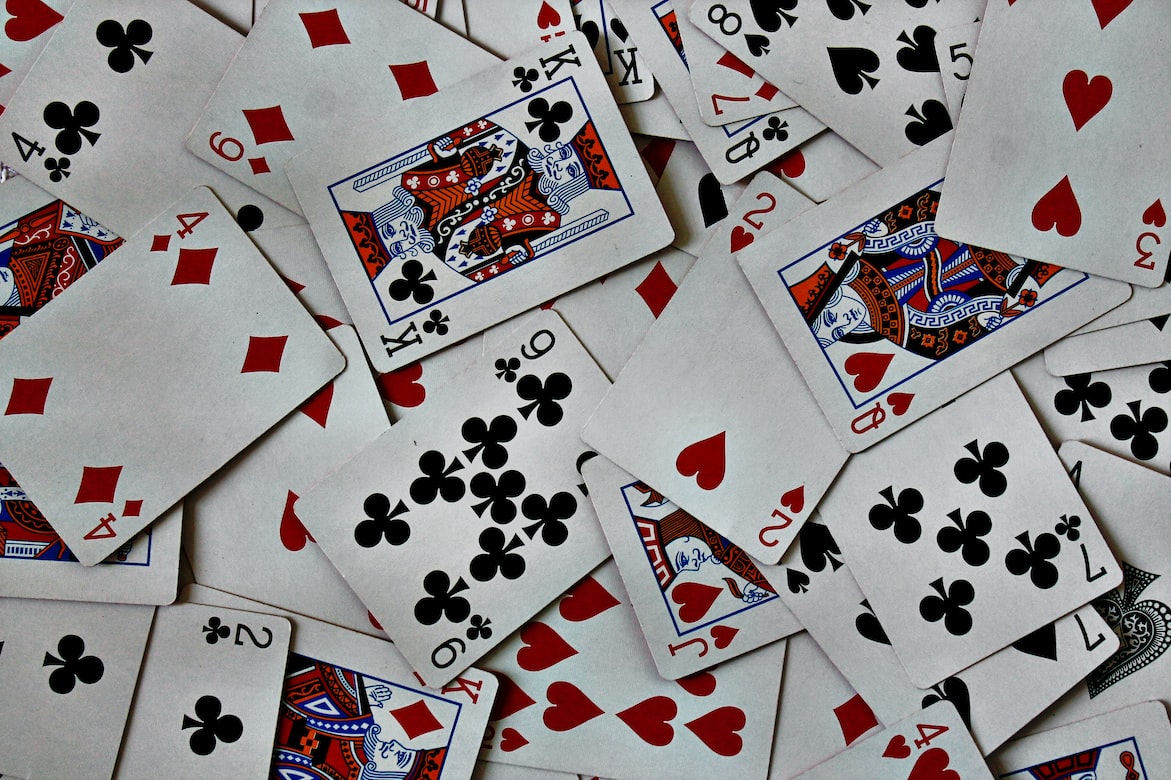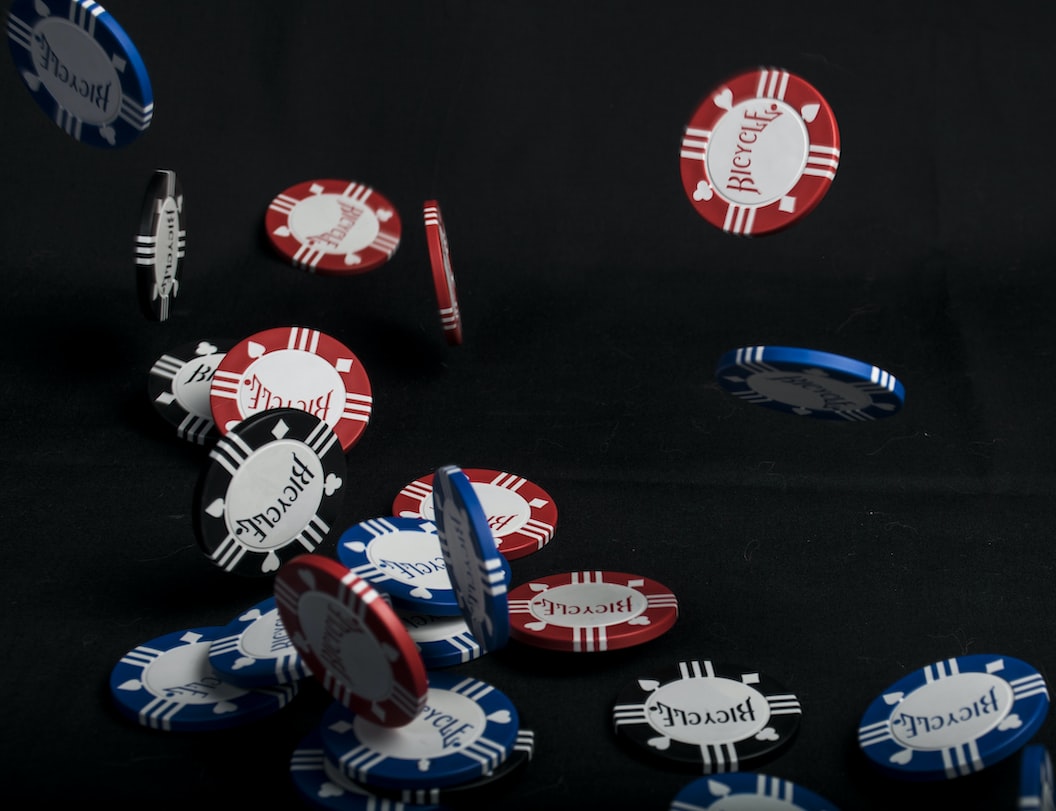
Poker is a card game with many variations, but the basic premise is always the same: Players are dealt cards and use them to make the best possible poker hands. A set of ranking rules determines the value of each hand, and the player with the highest-valued hand wins the pot. Poker is popular because it is a very versatile game. It can be played for high stakes or low stakes, and it can be played competitively or just for fun. There are also many different poker formats, so there is always something new to learn. Beginners can start with simpler games like Texas Hold’em, while more experienced poker players can move on to more complex games like Omaha. There’s a form of poker for everyone, giving it a broad appeal.
One of the most frustrating things about poker is receiving bad hands. It seems like every time you sit down to play, you’re dealt a losing hand. But don’t worry – this is perfectly natural. Everyone gets bad hands from time to time. The important thing is how you deal with them. To be a successful poker player, you must learn how to handle bad hands. This can be tricky because you don’t want to make any mistakes that could cost you the game. But with a little practice and studying, you’ll be able to master the art of playing with bad hands. You’re in luck because this poker guide will tell you everything you need to know about dealing with bad hands.

Don’t get discouraged – keep playing your best and stay positive
Many beginner poker players get discouraged when they are dealt a bad hand. They may feel they are at a disadvantage and can’t win. However, it’s important to remember that everyone gets dealt bad hands occasionally. The key is not to let it affect your game. Just because you have a bad hand doesn’t mean you should give up or play differently. You should still act and bet the same way you would with a good hand. This way, you won’t give away any hints about your hand, and your opponents won’t be able to take advantage of you. Sometimes, even with a bad hand, you can still win if you play it smart. So don’t get discouraged when you’re dealt a bad hand; just play normally and see what happens.
Bluff when the time is right
A bluff is a core part of poker strategy. It’s amazing to win with a bad hand, but you should not be overusing bluffing. Bluffing can be very effective when used correctly, helping you win pots you otherwise would have no chance of winning. Use bluffing sparingly and with caution, but do not be afraid to use it when the opportunity arises. Overusing bluffing can make you predictable and easy to read. Only bluff when it’s likely to work, which can be for many reasons. Factors like tight players and dry boards increase your chances of a successful bluff, but poker is never so black-and-white. You must think carefully about the risk/reward of any bluff or other risky play you make.

Fold if the odds are against you and there’s no chance of winning
Unlike what some newer players may think, folding should never be considered bad. It’s always safe to fold, especially if you are not one of the blinds. You should be folding a large portion of your hands that aren’t good enough to be played. There’s no shame in it – after all, you’re trying to make the best decision with the hand you’re dealt. Folding shows that you’re not afraid to cut your losses and are willing to wait for a better opportunity. It takes discipline and patience, two qualities that any successful poker player must possess. So next time you’re tempted to call just because you don’t want to look like a chicken, remember that folding is sometimes the smartest move you can make.
Use your chips strategically – don’t bet everything on one hand
When you’re playing poker, there’s always a risk that you’ll lose the hand. Losing is an inevitable part of the game, whether you made a bad decision or simply got unlucky. However, there’s a big difference between losing a hand, going all-in, and losing the entire pot. If you’re considering going all-in, you must be confident that your hand is strong enough to win. Otherwise, you’re better off folding and saving your chips for another hand. Remember, it only takes one bad beat to lose everything, so be sure to calculate the risks before committing to an all-in bet.
Take a break if bad hands are starting to get to you
Anyone who has played poker knows it can be incredibly frustrating. No matter how good you are, there will always be hands that you simply can’t win. It’s easy to get discouraged after losing a few hands in a row, but it’s important to remember that poker is ultimately a game of chance. The key is to stay focused and not let your emotions get the best of you. If you find yourself tilting after a bad hand, it’s always best to take a break and come back fresh. It’s also important to remember that poker is just a game. At the end of the day, it’s not worth getting upset over. So don’t be afraid to walk away from the table if you’re frustrated.

Where to practice poker
Poker is a game of patience and calculated risk. No matter how bad your poker hands may seem, there’s always a chance to turn the tables on your opponents. By following these tips, you’ll be on your way to becoming a winning poker player. If you’re looking for a place to practice, sign up at GGPoker, the world’s largest poker room. This is the best place to improve your online poker skills with various game formats and free poker tracking software!
 Skip to content
Skip to content





